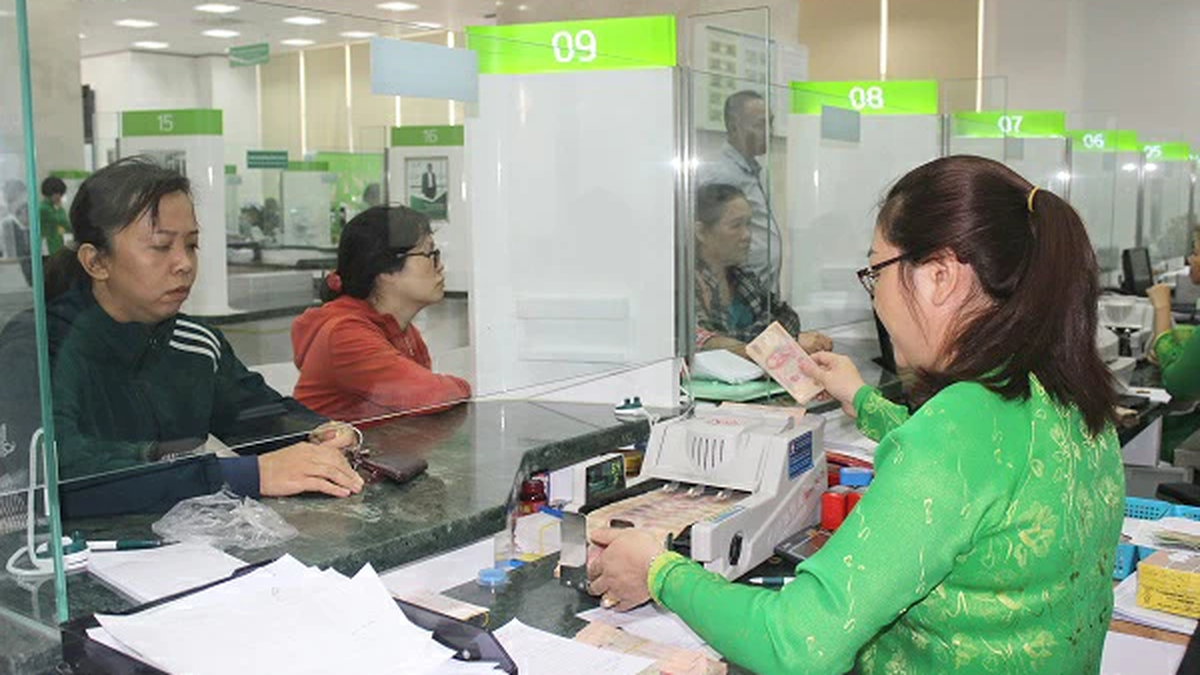According to The Straits Times, the Immigration and Checkpoints Authority of Singapore (ICA) announced that from 2024, Singapore citizens or tourists entering Singapore will be able to pass through checkpoints without using their passports. Instead, they can do immigration procedures by scanning QR codes at road checkpoints if traveling by car.
Specifically, citizens or tourists do not have to present their passports but only need to create a profile and QR code through the MyICA application on their mobile phones, then the XNC security officer will check their facial image using the QR code data.
Meanwhile, air passengers can check in via the contactless Automated Border Control System (ABCS) at the airport’s passenger lounge. This system was introduced by Singapore in 2019.
To achieve this, it is expected that from early 2024, manual immigration counters at all Singapore checkpoints will be gradually replaced by automated lanes using ABCS. The ABCS lanes using biometrics for customs clearance are expected to help speed up and make customs and immigration procedures safer. In 2019, this technology was tested at Changi Airport and Tuas Checkpoint.
Last year, ICA also trialled the Automated Passenger Clearance System (Apics) for car travellers, with 94% of passengers reportedly able to use the system without the assistance of staff. From 2026, Apics lanes will be introduced at Tuas Checkpoint, allowing passengers to verify their identity by scanning a pre-generated QR code and presenting their biometrics.
This also means that the presence of XNC control officers in the lanes is no longer necessary. Gradually, the Apics system will be further improved and deployed at the island nation's road checkpoints.
In late 2022, some passenger lounges at Changi Airport will also open special support lanes to help travelers clear immigration in groups, and this is expected to be expanded to other checkpoints soon.
Notably, ICA is also testing the use of artificial intelligence to monitor anomalies in scanned images of luggage, goods and parcels, thereby helping security personnel improve their ability to detect potential threats.
According to Mr. K. Shanmugam, Minister of Home Affairs and Law of Singapore, the threat of terrorism still exists, in addition, it is not known when the next pandemic will occur, and Singapore also faces manpower problems in the context of an aging population. Mr. Shanmugam emphasized that the key to solving all these problems is to further digital transformation.
The application of modern technology in the field of XNC may lead to many other complicated problems, but in reality, not only Singapore but also many other countries are trying to follow this direction. Because technology is expected to help procedures at airports become much faster and more convenient than before and no longer be a nightmare for passengers.
COURAGEOUS
Source


































































































Comment (0)